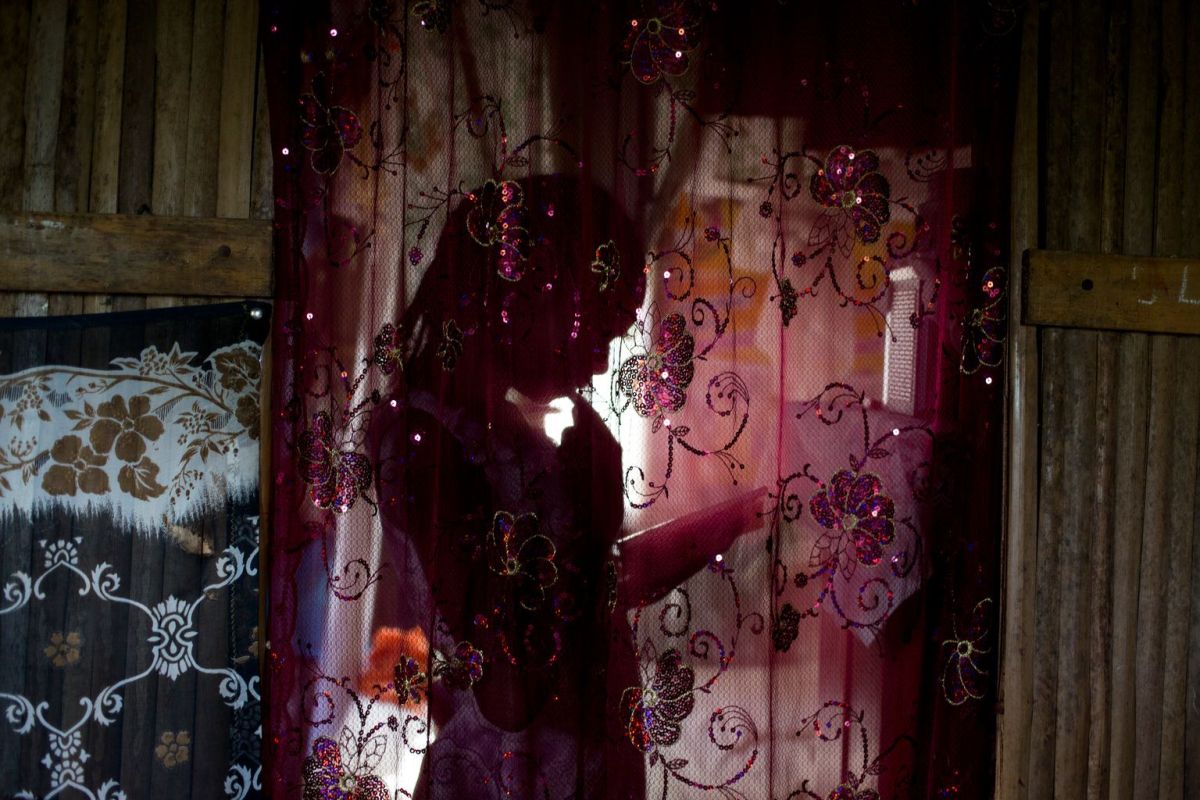KUALA LUMPUR, July 22 – The United Nation Children’s Fund (Unicef) has welcomed the recent amendment by the Kedah State Assembly to raise the minimum age of marriage of girls from 16 to 18.
Kedah is now the only state after Selangor — which amended the minimum legal marriage age in 2018 — to have raised the minimum age of marriage to 18.
“As Kedah joins Selangor on this important legislation for girls, Unicef urges other states to raise their minimum age of marriage also,” said Amanda Bissex, Unicef representative in Malaysia.
“The amendment, while an important first step, still allows Muslim girls below the age of 18 to be married with the Syariah court’s permission,” she said in a statement.
The civil law of Malaysia also allows state chief ministers to grant girls between the ages of 16 and 18 the permission to be married.
In line with the recommendation of the Committee on the Rights of the Child, Unicef maintains that the minimum age of marriage to be 18, with or without parental consent, and with no exceptions.
In its advocacy brief Towards Ending Child Marriage In Malaysia, Unicef outlines that child marriage cuts childhoods short. Those married as children often drop out of school, resigning them to a lifetime of limited economic prospects.
Furthermore, early pregnancy and childbirth carry serious health risks. Domestic violence and sexual exploitation is also more likely in child marriages. In Malaysia, at least 1,500 children still marry every year.
Addressing child marriage requires the support of parents, teachers, young people, policy makers, legislators, as well as religious and community leaders, said Bissex.
“The National Strategic Plan in Handling the Causes of Child Marriage 2020-2025, developed by the Ministry of Women Family and Community Development provides the framework to eliminate child marriage by addressing low household income and poverty, lack of access to sexual reproductive health information and services, lack of access to education and poor school attendance, underlying social norms, gaps in the legal framework and in data on child marriage,” she said.
She encourages the government and its partners to provide the resources necessary to fully implement the National Strategic Plan.
Additionally, lack of access to basic services, including education, increases the risk of child marriage among migrant and refugee children, Bissex said, adding that Unicef urges the inclusion of all children in programmes and policy action to eliminate child marriage.
“Eliminating child marriage gets Malaysia one step closer to fulfill Sustainable Development Goal 5 on achieving gender equality and empowering all women and girls in addition to eight other goals including Goal 1: No poverty, Goal 4: Quality education, and Goal 10: Reduce inequalities,” she said.
“Malaysia, as it works towards high-income country status, stands to benefit from eliminating child marriage and ensuring all the children in the country are empowered, educated, and healthy.”










